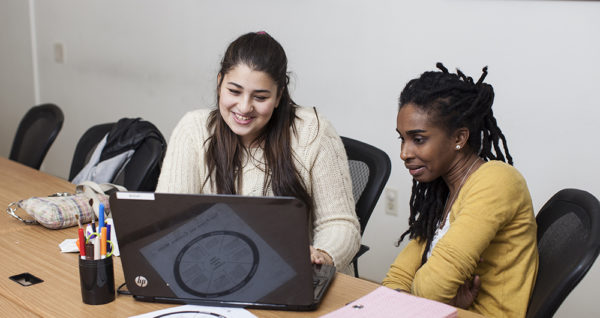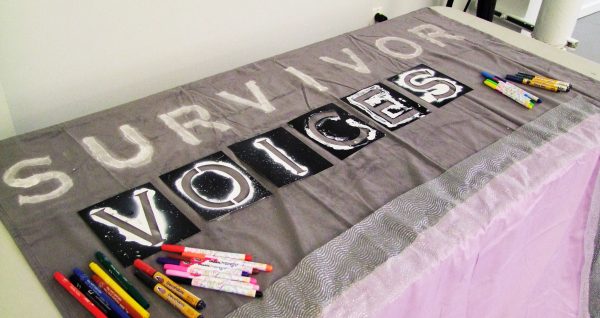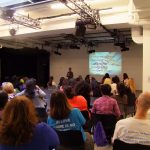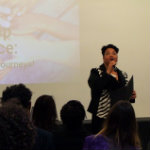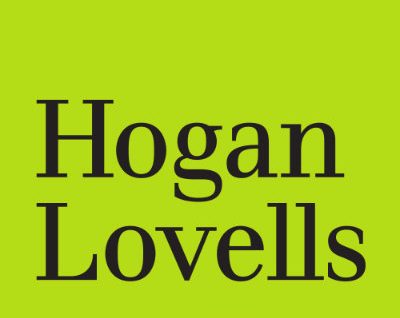Since its founding in 1997, Sanctuary’s Courtroom Advocates Project (CAP) has been almost entirely funded by grants under the Violence Against Women Act (VAWA). Today, funding for this critical program is in danger. Take a stand and join the effort to protect VAWA funding.
Brenna is a J.D. at Freshfields Bruckhaus Deringer and is a member of Sanctuary’s Pro Bono Council.
Ana’s Story
In July 2016, Ana arrived alone at the Bronx Family Courthouse hoping to obtain an Order of Protection against her husband. Ana’s husband had subjected her to severe physical and emotional violence during their marriage. On that day, she had a bruise on her upper arm from when her husband bit her the week before and a puncture wound from when he stabbed her with a pen. Those physical scars were in addition to the devastating trauma Ana experienced from months of repeated rapes and strangulations by her husband. She was upset, afraid, and like many victims of domestic violence, had no money to hire an attorney to help her.
Unsure of where to go or who to turn to, she eventually found a free consultant at the courthouse who introduced her to two attorneys in Sanctuary’s Courtroom Advocates Project (CAP). Ana’s fortunes were about to change.
Finding Sanctuary
Ana was assigned to a team of law student advocates who had been trained by CAP to help Ana file for and obtain a temporary Order of Protection in Family Court. Sanctuary’s CAP attorneys then took Ana’s case on for direct legal representation.
Over the course of two years, they not only helped her obtain a final Order of Protection against her husband, but also referred Ana to Sanctuary’s social workers from whom she received counseling. Today, Sanctuary continues to help Ana with her housing and immigration issues, all at no cost to her.
Since connecting with CAP and accessing Sanctuary’s holistic services, Ana has flourished. She has become more confident and is in charge of her own life, happiness, and safety. In Ana’s words,
“Had it not been for [Sanctuary], I don’t know what I would have done.”
Currently, Ana is on the path to fulfilling a lifelong dream of becoming a nurse, and has completed a nursing education and training program. She is now able to leave her past behind and move forward.
The Courtroom Advocates Project(CAP)
CAP trains and supervises advocates, mostly law students, who provide in-court assistance to domestic violence victims seeking orders of protection in Family Court. Since 1997, CAP has trained nearly 12,000 advocates and has helped nearly 10,000 litigants in Family Court. Victims of domestic violence often come to court alone and intimidated. CAP advocates help them tell their stories more effectively, and provide needed reassurance.
CAP advocates can also direct victims to additional resources that may help them reach safety. Like Ana, many clients first connect with Sanctuary through CAP, and then receive help from Sanctuary with additional issues such as divorce, custody, spousal and child support, housing, public benefits, counseling, job training and immigration. For these clients, CAP serves as a crucial first stepping stone in their journey from an abusive relationship to freedom.
Not only does CAP provide vital assistance to victims of domestic violence, it also trains the pro bono attorneys of the future. CAP provides law students with an introduction to family law, a chance to meet with clients, and an opportunity to learn how to be litigators. Often, CAP may be a law student’s first experience working one-on-one with a client or appearing on the record in a courtroom, which can be invaluable lessons in their development as lawyers. It also solidifies their passion for pro bono work, and sets them on a lifetime course of helping low-income clients.
How CAP Changed Me
I participated in CAP during the summer after my second year of law school. Paired with another law student, and under the supervision of a Sanctuary CAP staff attorney, I helped a high school student obtain an Order of Protection against her ex-boyfriend, who had attacked her in school several times.
I learned valuable skills in legal writing and courtroom advocacy and, more importantly, I was able to successfully advocate for a client. The experience and her gratitude for my help left a lasting impression. I returned to Sanctuary for an externship the following spring, and I have continued my involvement while working at a law firm by serving on Sanctuary’s Pro Bono Council and representing another Sanctuary client pro bono.
Protect the Violence Against Women Act
Today, funding for this critical program is in danger due to potential budget cuts recommended by the current federal administration. Since its founding in 1997, CAP has been almost entirely funded by grants under The Violence Against Women Act (VAWA).
VAWA classifies domestic violence and sexual assault as federal crimes and funds programs that provide life-saving services for victims, including legal and criminal justice services, counseling, housing, prevention programs, and much more. The current administration is intent on cutting the budget for the Department of Justice (among many other agencies), which could very well include cutting or eliminating VAWA grants that are funded through the Department of Justice budget—something that President Trump has indicated a willingness to do. Such action would jeopardize the future of CAP.
Without CAP, thousands of clients like Ana would be less safe, and thousands of law students would be denied the invaluable experience of advocating for vulnerable clients. In Ana’s words, “[CAP] gave me a reason to stand up and fight.”
Now, it is time to stand up and fight for the program that has helped Ana and thousands of others take their first steps toward freedom.
What You Can Do
Tell your Representatives that you want them to make a strong public statement now that they will never approve a budget that reduces VAWA funding.
- Schedule a meeting with your Representative to discuss the importance of VAWA, or see if there are any town halls you can attend and ask them to fight for VAWA funding now.
- Call, write/e-mail, and tweet.
Ask your networks to advocate – spread the word to your contacts and ask them to advocate on behalf of VAWA.
Organize an informal “30 minutes of activism” breakfast or lunch.
- Use these talking points to educate attendees on the issue, explain its importance to you, and ask them all to call, tweet, email, etc. together during the 30 minutes.
Post this article on social media and send it to your contacts.
Draft Op-eds. Use your connections to get op-eds published and get the issue out there!
—
Together we can make sure victims like Ana have access to the lifeline that she had. Take a stand today to preserve VAWA and its critical life-saving funding.
